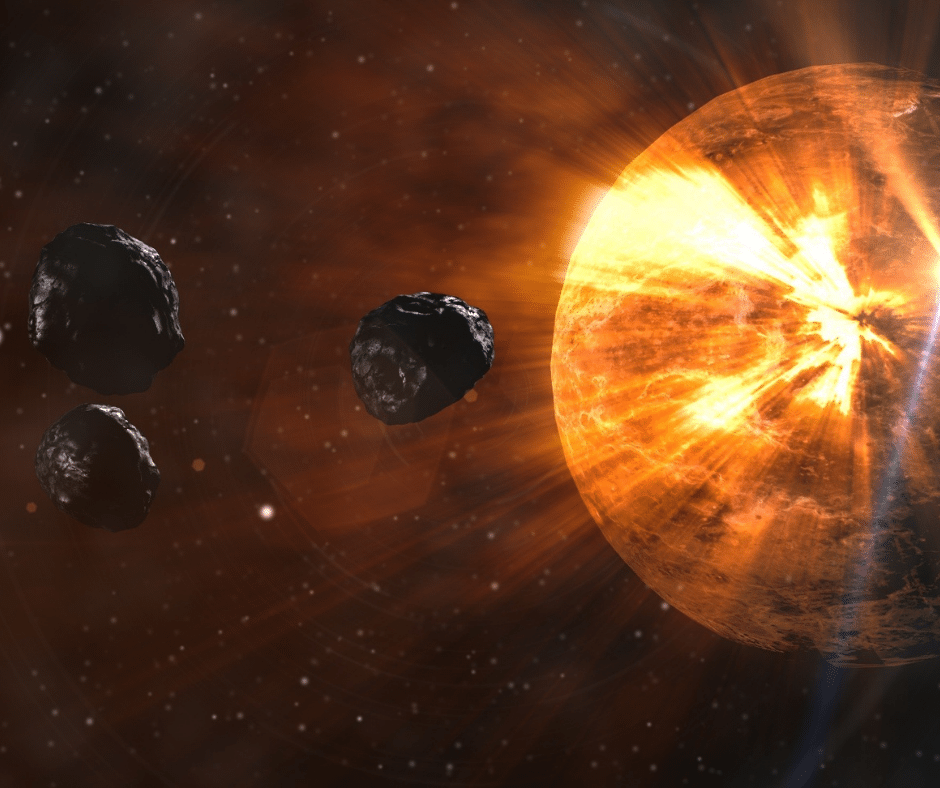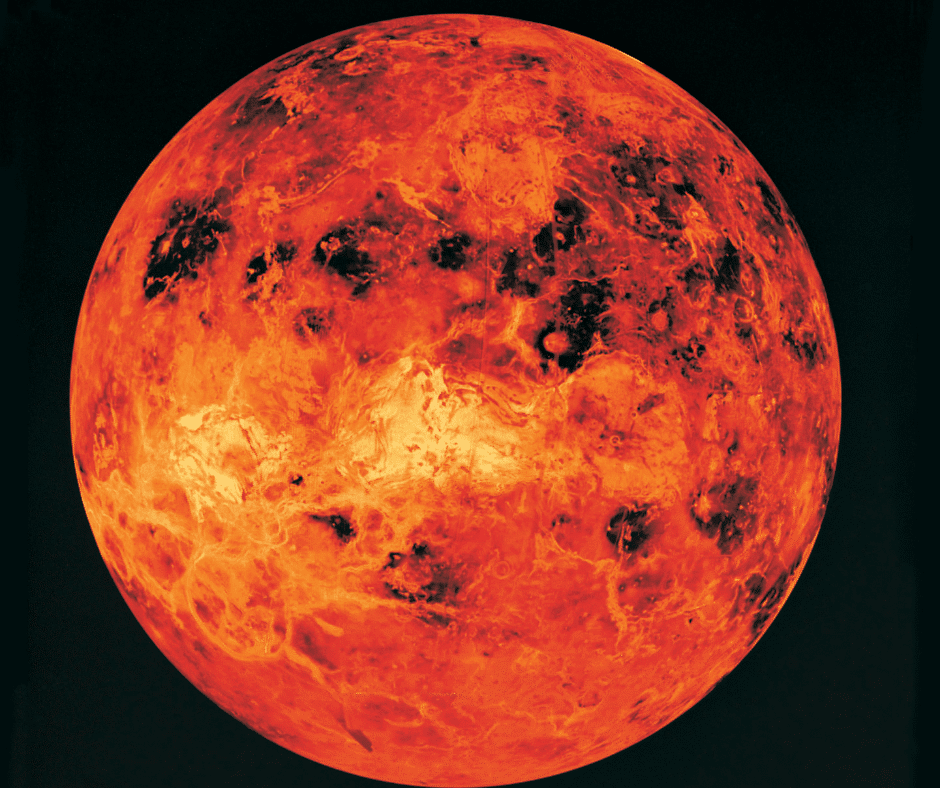Venus is a little planet that’s similar to Earth in many ways. It has an atmosphere, mountains, and even volcanoes! The surface of Venus can’t be seen from here because it’s covered with clouds so we don’ know what kind of place there might be under all those layers- but space missions have given us some idea about where you’ll find yourself if your mission was brought back home by someone who saw through one layer at least: hot as hell (but not too sweaty) AND full blast sunlight until late afternoon when darkness finally reclaims our skies once more.

The Air on Venus
The atmosphere on Venus is so thick that you could not survive a visit to the surface. The weight and heat from its massive carbon dioxide core would crush any human who tried going there, making it impossible for anyone ever gets close enough in order to breathe or touch this alien world’s air – let alone live there.
A Day in Venus Time
Venus has the longest rotation of any planet in our Solar System. It takes 243 Earth days for Venus to rotate once, and only 224.7 full moons until she accomplishes one orbit around Sun.

Hotter Than Mercury, Even though it’s Farther from the Sun
Venus is a hot planet. Even though it’s close enough for the Sun to heat up Venus, with an average temperature of 462°C and no atmosphere to shield its surface from direct sunlight these gases in Venus’ surroundings work together like blankets trapping all that warmth inside- making things stickier (and potentially deadly) than they would on other planets without such intense greenhouse effects.

What is Venus best known for?
The planet Venus is most widely associated with the goddess of love in Roman mythology. For those who don’t know, the planet Venus is our planetary neighbor and its orbit around Sun is between Earth’s- making them appear as neighbors.
Final Thoughts
Venus is a planet that can’t be missed. It’s the brightest thing in space, and its surface has volcanoes dotting it like stars. The storms on this world are so intense they make Earth seem calm by comparison, not to mention there might just exist lifeforms living deep under their clouds where we’ll never get access to.
